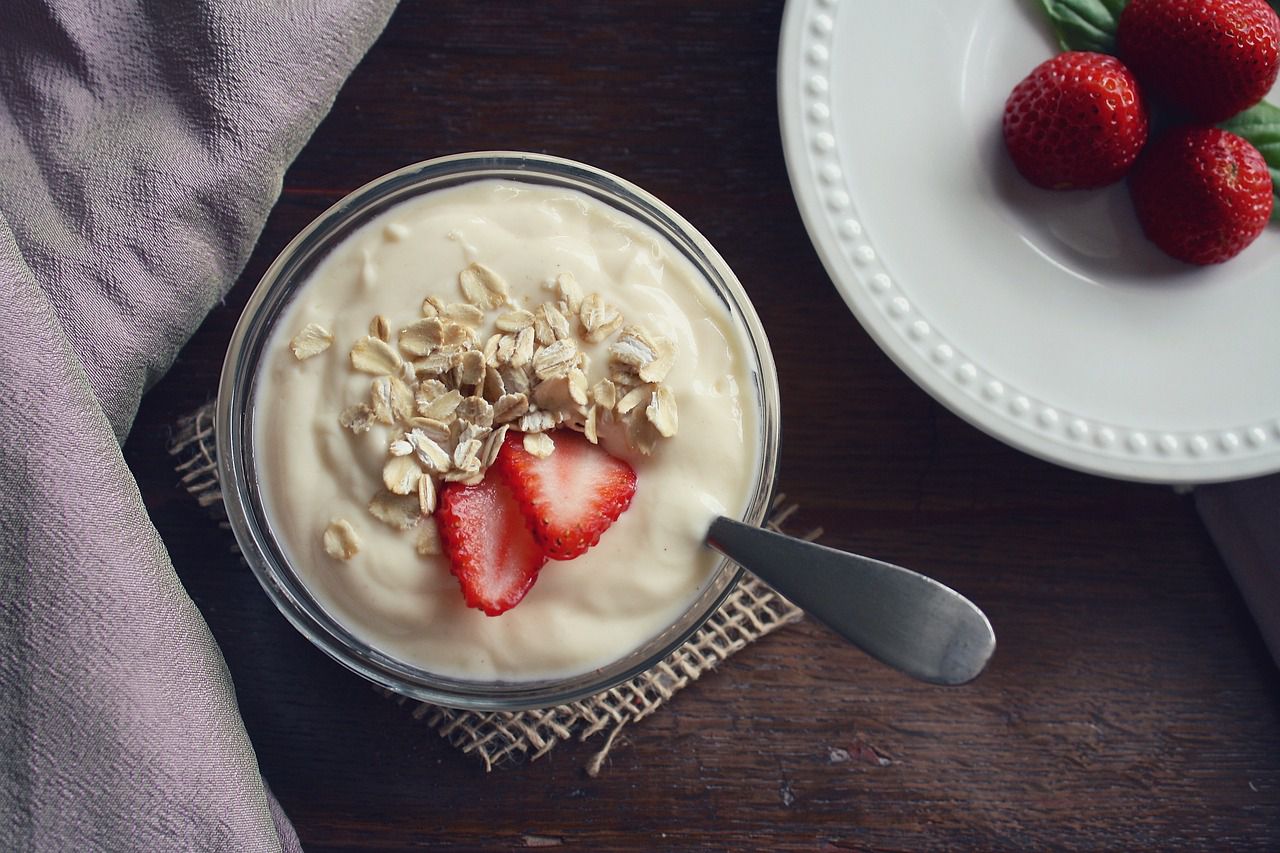While skin care plays a huge role, it's still hard to fix your bad diet with a good skin care routine.
Diet plays a significant role in maintaining healthy skin, as the nutrients you consume directly impact its appearance, texture, and overall health.
Here's how diet affects your skin.
Hydration
Drinking an adequate amount of water is essential for skin hydration.
Proper hydration helps keep your skin moisturized and supple, reducing the risk of dryness, flakiness, and the appearance of fine lines.

Healthy Fats
Incorporating sources of healthy fats, like avocados, nuts, and olive oil, helps maintain the skin's lipid barrier.
This barrier prevents moisture loss and protects against environmental stressors.
Sugar and Processed Foods
High consumption of sugar and processed foods can lead to glycation, a process in which sugar molecules attach to proteins, including collagen.
This can contribute to premature aging, wrinkles, and a lackluster complexion.
Fruits and Vegetables
A diet rich in colorful fruits and vegetables provides a wide range of vitamins, minerals, and antioxidants that support skin health.
These nutrients help combat oxidative stress and promote a natural glow.
Protein Intake
Adequate protein consumption is necessary for tissue repair and cell regeneration.
Lean protein sources, such as lean meats, poultry, fish, legumes, and tofu, contribute to overall skin health.
Alcohol and Caffeine
Excessive alcohol and caffeine intake can dehydrate the skin and dilate blood vessels, leading to redness and potentially exacerbating conditions like rosacea.









